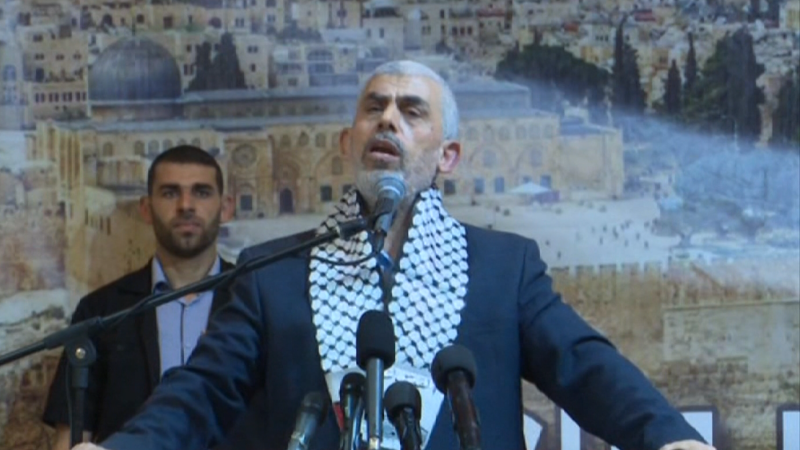Hamas Leader Yahya Sinwar Passed Away – What Lies Ahead for the Group?
The recent news of the passing of Hamas leader Yahya Sinwar has sent shockwaves through the region, sparking speculation about the future direction of the group. Sinwar, known for his hardline stance against Israel and his role in leading Hamas since 2017, leaves behind a significant void in the organization’s leadership.
As the Hamas leadership contemplates its next move, the question on everyone’s mind is: who will step up to fill Sinwar’s shoes? Several potential candidates have been speculated to be in the running, each with their own strengths and potential impact on Hamas and the broader geopolitical landscape.
One prominent figure often mentioned as a possible successor is Ismail Haniyeh, the current head of Hamas’ political bureau. Haniyeh, a seasoned politician and former Prime Minister of the Palestinian National Authority, is a well-known figure both within Hamas and on the international stage. His experience in navigating complex political landscapes and his strong relationships with regional allies could make him a formidable leader for the organization.
Another contender for the leadership role is Mohammed Deif, the shadowy commander of Hamas’ military wing, the Izz ad-Din al-Qassam Brigades. Deif is a mysterious figure who has been targeted by Israel multiple times due to his involvement in orchestrating attacks against the Israeli state. While his identity remains largely shrouded in secrecy, many believe that Deif’s military expertise and strategic acumen could be crucial in guiding Hamas through turbulent times.
Additionally, Yahya Sinwar’s own brother, Mohammed Sinwar, has been mentioned as a potential successor. Mohammad, who currently leads the anti-corruption unit within Hamas, is seen as a loyal and trusted member of the organization. His close relationship with Yahya Sinwar and his understanding of the internal dynamics of Hamas could make him a strong candidate to take over the reins.
It is important to note that the succession process within Hamas is likely to be highly secretive and closely guarded, with the ultimate decision resting on the consensus of the organization’s top leaders. While speculation is rife about who will take on the mantle of leadership, the true intentions and strategies of Hamas moving forward remain uncertain.
The death of Yahya Sinwar marks a significant turning point for Hamas, and the choice of his successor will undoubtedly shape the group’s future trajectory. As the region braces for the potential implications of this leadership transition, all eyes will be on Hamas to see how it navigates this challenging period and what impact it will have on the ongoing conflict with Israel.

